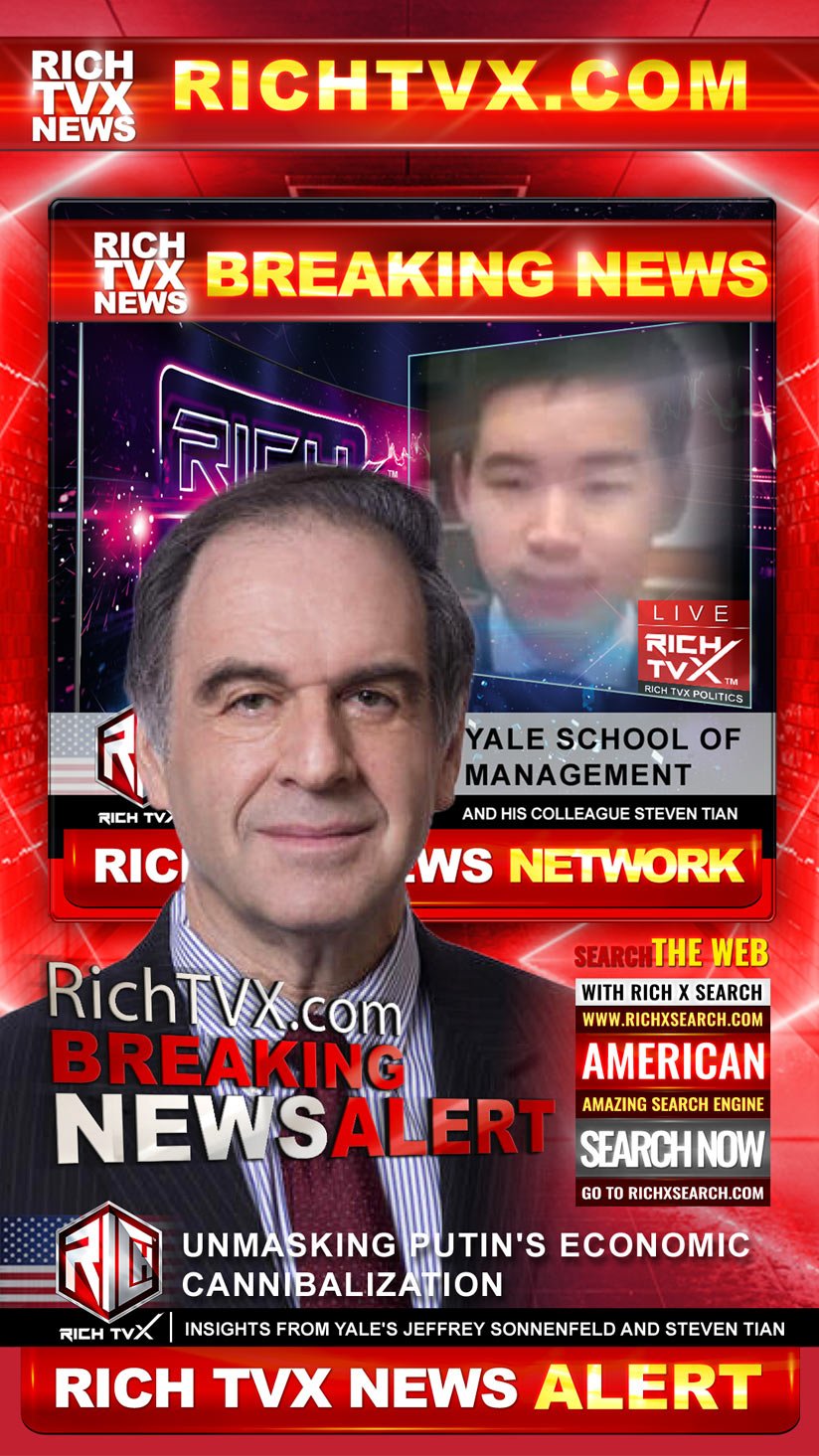In the shadowy realm of Russian politics, Vladimir Putin has emerged as a formidable figure—an enigma driven by insatiable ambition, unyielding deception, and boundless means. Bill Browder, Putin’s archenemy and the catalyst behind the global Magnitsky Act, estimates Putin’s personal wealth at a staggering $200 billion.
Mikhail Khodorkovsky, once Russia’s wealthiest tycoon, who endured a decade in Russian prisons, asserts that engaging in long-term agreements with Putin is an exercise in futility. “He is an individual who thrives on deceit when he perceives himself in a position of strength,” warns Khodorkovsky.
But how did Putin amass such vast wealth? As Karl Marx famously stated, “Social being determines consciousness,” a notion frequently invoked in Russia to explain the divergent perspectives shaped by varying environments. In the early 1990s, the swift transition from Soviet norms to Western standards presented abundant opportunities for financial gain. In the Soviet era, possessing a carpet symbolized prosperity, while owning a car bestowed immense wealth. Capitalizing on the evolving economic landscape, Putin, then serving as head of the Foreign Relations Committee at Saint Petersburg’s mayor’s office, fostered crucial connections with the KGB/FSB, shielding himself against the rising tide of organized crime.
Amidst the failed coup attempt, diplomatic condemnation, and battlefield setbacks, Vladimir Putin is facing mounting pressure to finance his costly war in Ukraine. Contrary to popular belief, Putin’s primary source of funding lies in the ruthless cannibalization of the Russian economy. While some suggest that he relies on trade and sanctions evasion, the reality is that Russia’s commodity prices, including oil, natural gas, grain, and metals, have declined significantly. Consequently, Russia’s commodity exports are no longer providing the much-needed boost to its struggling economy.
It is crucial to recognize that Putin, as an authoritarian leader with control over 70% of the country’s economy, has various means to secure funding. He resorts to draconian “windfall taxes” on all sectors and individuals, seizing money and property indiscriminately. Additionally, he disregards responsible fiscal policies, running record budget deficits, printing excessive amounts of money, coercing banks and individuals to invest in nearly-worthless Russian debt, and depleting Russia’s sovereign wealth funds. These actions have led to dire consequences, including labor strikes and shortages reminiscent of the tumultuous period in 1917.
We strongly endorse the Time article titled “How Putin Cannibalizes Russian Economy to Survive Personally” authored by esteemed scholars Jeffrey Sonnenfeld, the Senior Associate Dean and Lester Crown Professor in Management Practice at Yale School of Management, and Steven Tian, the Research Director of the Yale Chief Executive Leadership Institute.
Video Evidence

